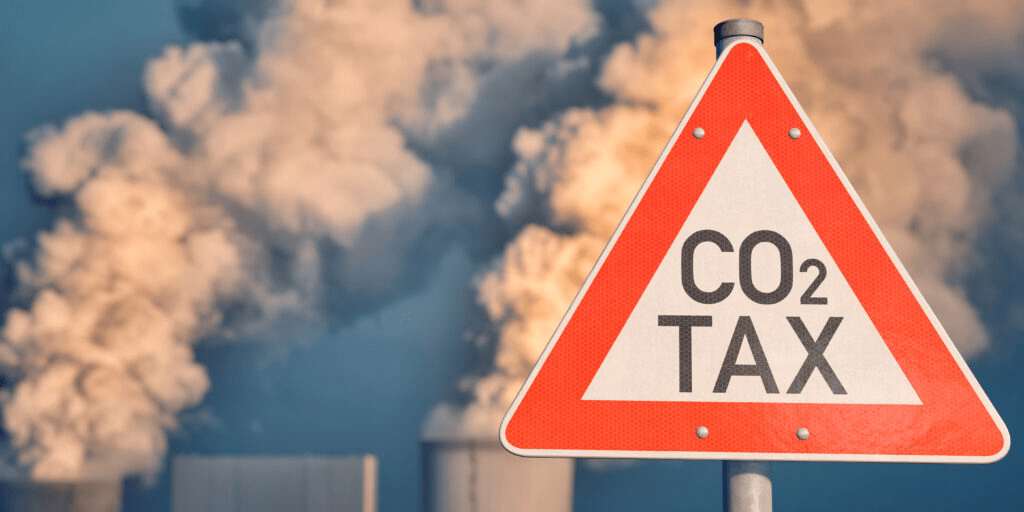In Short : As the New Year begins, changes in gas prices and evolving perspectives on carbon tax policies come into focus. This shift underscores the dynamic nature of energy markets and the ongoing discussions surrounding environmental regulations and carbon pricing strategies.
In Detail : With the New Year looming, gas prices are getting ready to readjust for 2024.
All across Saskatchewan, the last month has seen prices looking a little friendlier for the holiday season. Provincially, the average has decreased by roughly 14 cents, depending on where an individual lives.
Here in Swift Current, prices have fallen to $1.339. This is a little more expensive than in larger centres like Regina and Saskatoon but was still a nice bit of relief on wallets laden with Holiday spending.
According to the Head of Petroleum Analysis at GasBuddy, Patrick De Haan, the new year will take a leap in the regular rate.
“But the good news is 2024 should see a little bit lower prices all in all compared to 2023,” De Haan stated. “So while the average will increase because of the carbon tax, I think we will see oil prices that are a little bit more friendly in 2024.”
Along with natural gas in homes, the carbon tax is also factored into the price of fuel at the pumps. This creates a bump in price for the consumer, as the retailer looks to adjust for that hit in its margins.
One thing that will be different in 2024 is that SaskEnergy will no longer be collecting carbon tax from natural gas customers. This move is in opposition to the federal government’s continued implementation of the tax, which the provincial government has taken a firm stance against.
De Haan isn’t too sure how the move will play out for consumers, as the provincial government is only implementing this change in the New Year, on January 1.
“It’s a trend that continues, unfortunately,” said De Haan. “It seems like every year the carbon tax is still scheduled to increase, and that’s going to further impact what Canadians are paying at the pump and beyond to heat their homes.”
De Haan pointed to the Alberta provincial government, which has implemented similar measures.
“Alberta had issued a moratorium on provincial gas taxes that is set to expire at the turn of the New Year,” said De Haan. “It doesn’t look like Saskatchewan is planning any sort of gas tax holiday, but we’ve seen other provinces like Alberta take a fight against this. I think looking at Canada’s vast energy production, the carbon tax is certainly stifling Canada’s ability to supply itself with affordable energy.”
For now, people can expect gas prices to hit them hard at the start of the new year. The long-range forecast from De Haan is for a smoothing of prices later in the year, after the volatile start.

